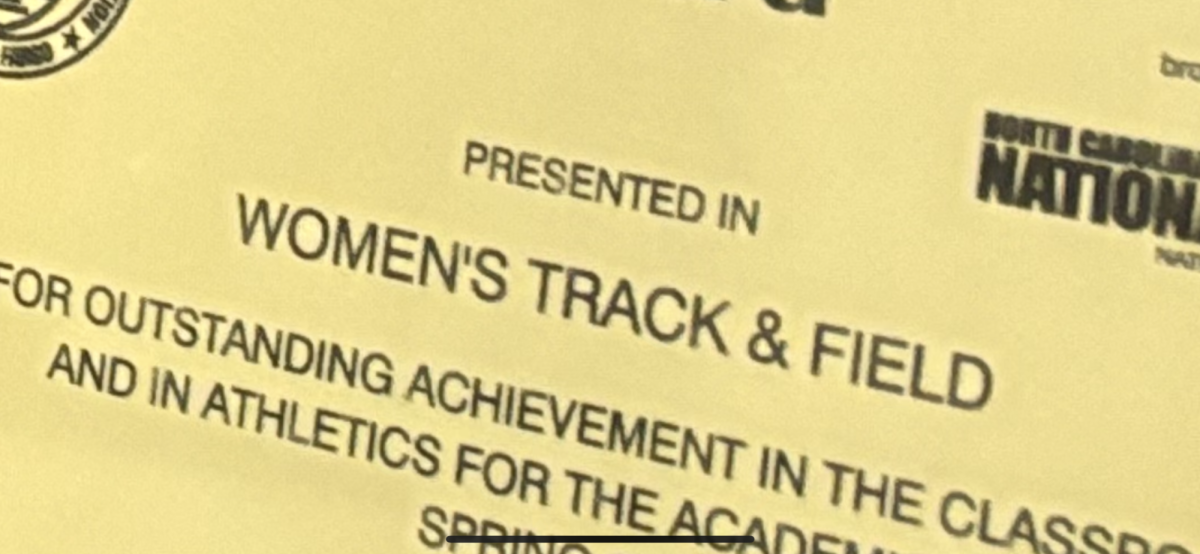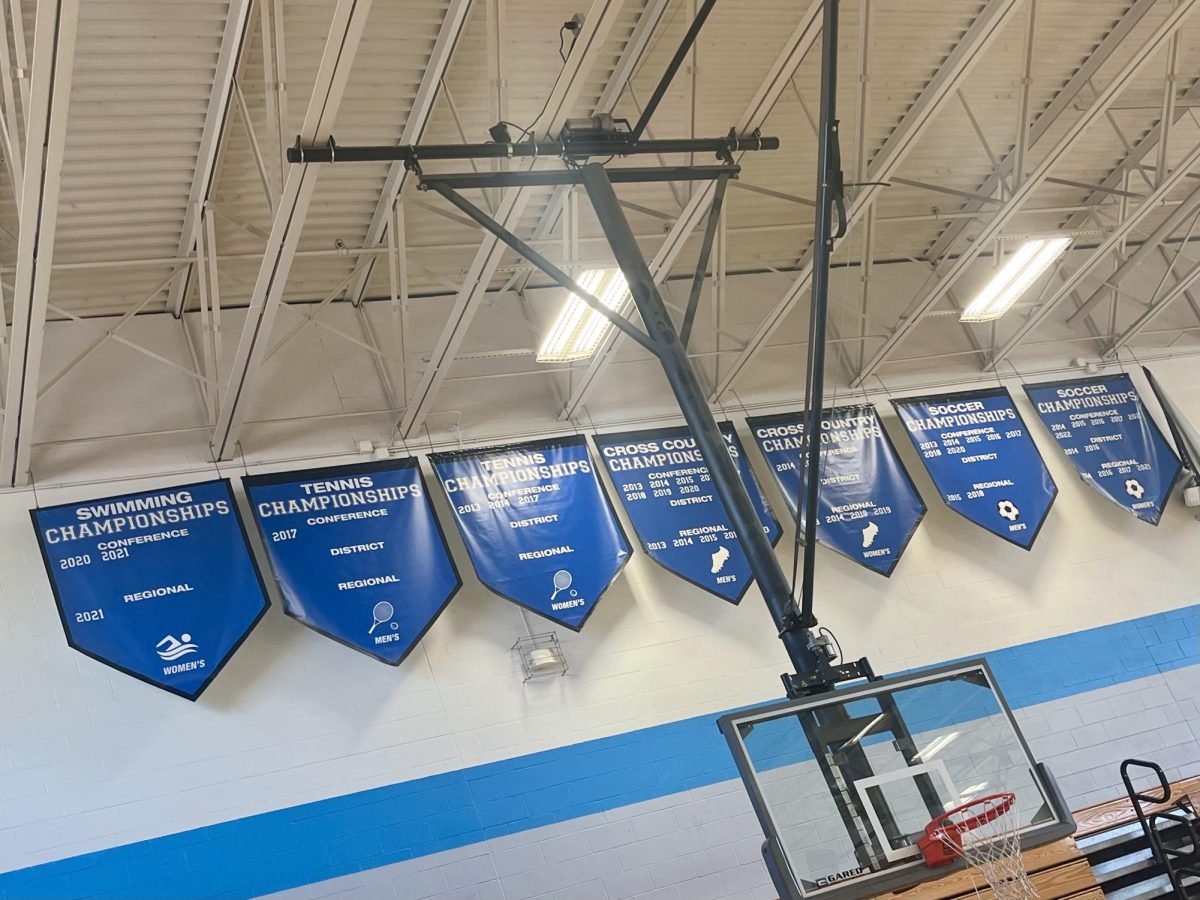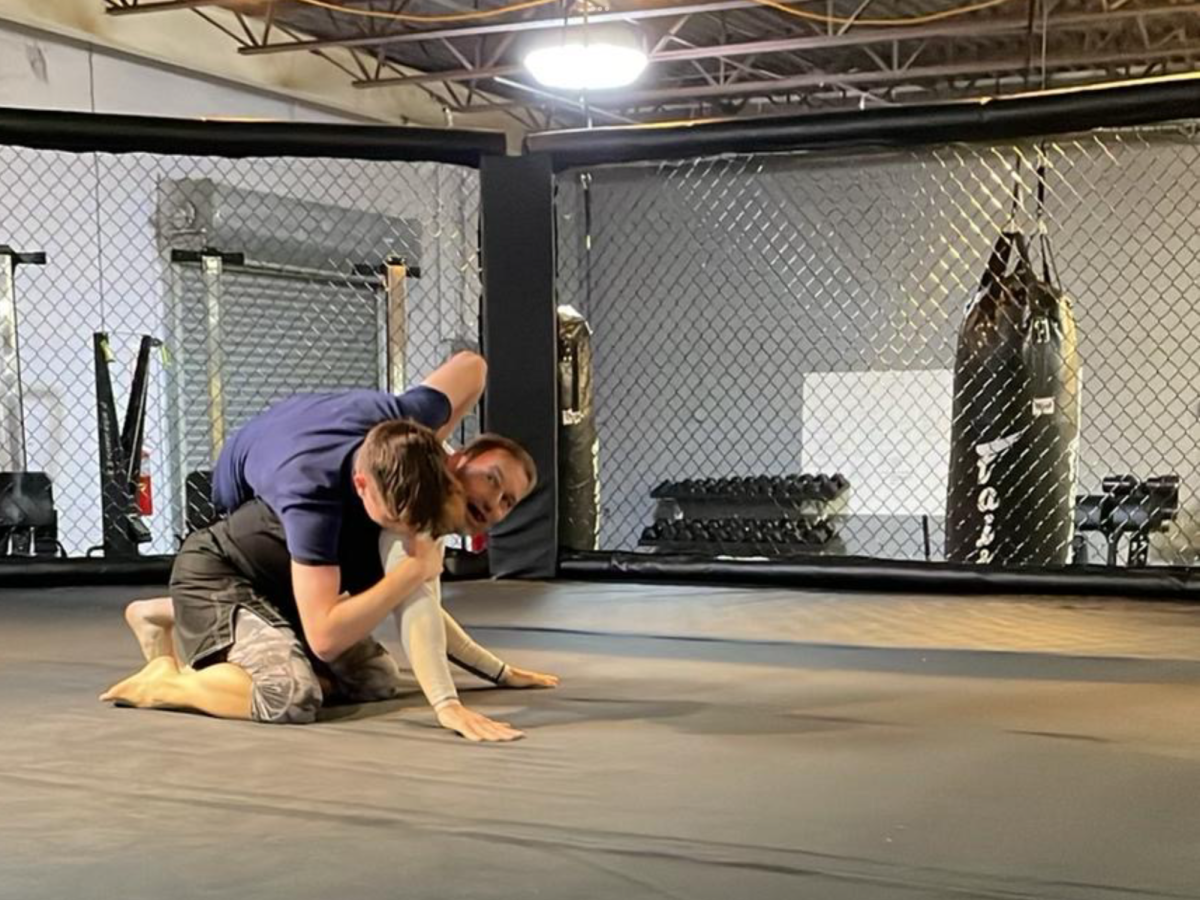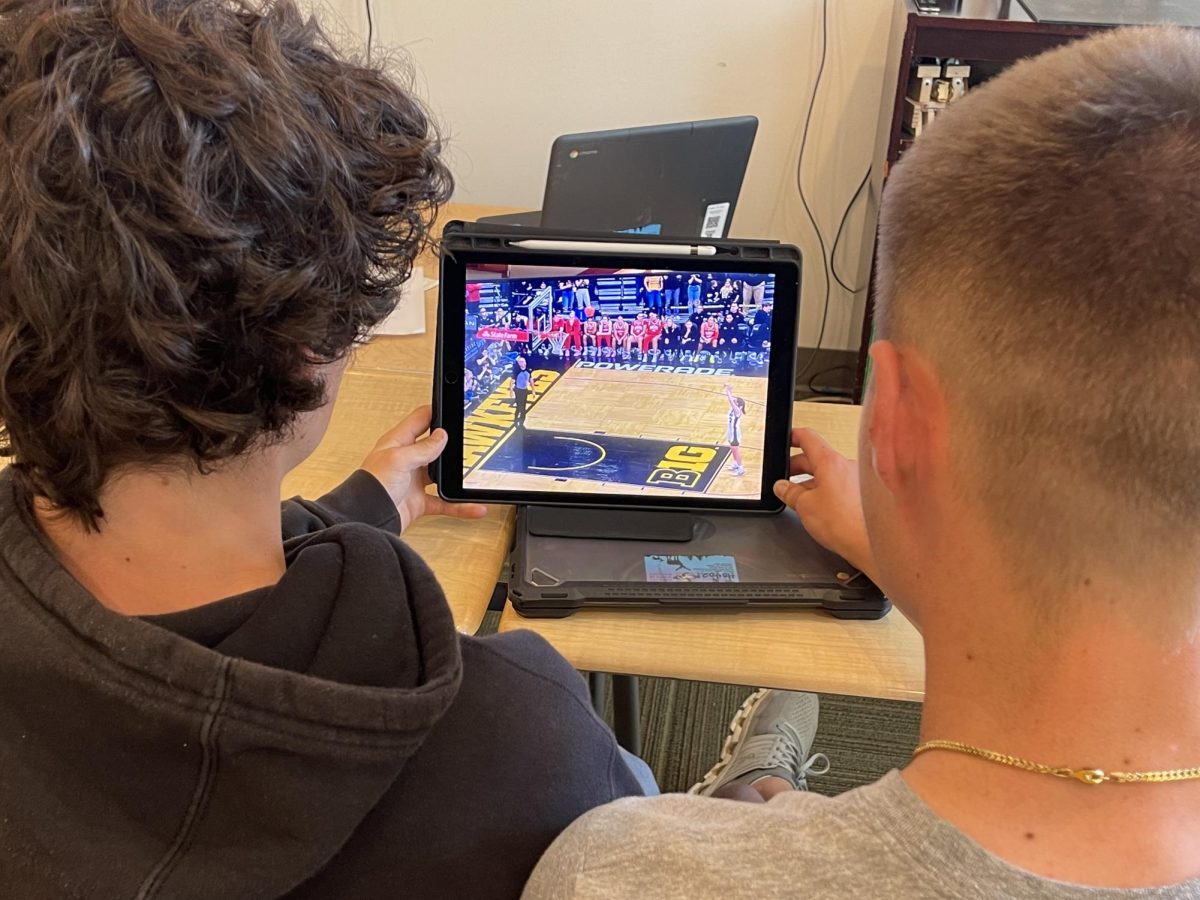With the Civil Rights Movement, increasing women’s rights, political unrest and the start of the Vietnam War all happening at once in the 1960’s, the general behavior and acceptance in the United States started to shift. This eventually led to Title IX being passed in 1972.
Title IX mandated gender equality for institutions receiving federal aid.
It impacted sports in a big way. Before Title IX was passed 295,000 high school girls played sports compared to 3,600,000 high school boys. However, after the title passed, more than 2,400,000 high school girls played sports.
The woman at Yale University in 1976 felt that their institution needed to uphold the legislation passed. Led by two-time Olympian, Chris Ernst, the Yale women’s rowing team decided to do something about it.
There was a huge disparity between the way the university treated their male student athletes and the females, especially rowers.
The boathouse and river they used were 20-30 minutes away from the campus. The men had locker rooms and showers, the women had nothing. In the Winter especially, athletes would come off the water, sweating and drenched from the inside out, and also wet from the outside because of the rain and cold conditions. The men had everything they needed, the women had a total lack of facilities. The women had to sit on the bus and wait while the men took hot showers.
Chris Ernst,whose teammates thought of her as a leader, queen of rowing, an icon, fierce, intense, tough and extremely hardcore decided to take a stand for herself and her fellow women teammates.
She planned and executed a protest that changed Yale’s policies and procedures. Ernst set up a time to go meet with the Woman athletic director at the time. But instead of just Chris showing up she brought 18 of her fellow teammates with her and, before the meeting, they all painted the phrase Title IX across their chest and back. When all members of the team walked into the athletic director’s office they took off their brand new school sweats revealing the title they had written.
Then Chris Ernst read a statement on behalf of the team.
“These are the bodies Yale is exploiting. We have come here today to make clear how unprotected we are, to show graphically what we are being exposed to… On a day like today, the rain freezes on our skin. Then we sit on a bus for half an hour as the ice melts into our sweats to meet the sweat that has soaked our clothes underneath. No effective action has been taken and no matter what we hear, it doesn’t make these bodies warmer, or dryer, or less prone to sickness. We are not just healthy young things in blue-and-white uniforms who perform feats of strength for Yale in the nice spring weather; we are not just statistics on your win column. We’re human and are being treated as less than such.”
A New York Times reporter covered the story in person then other major news companies such as the LA Times and the Paris Tribune also ran similar stories and spread the news globally.
As soon as articles ran, phone calls and comments came from alumni who had read it and were overwhelming the administration demanding these athletes receive what they deserve.
After the Yale situation, women’s rights in sports changed forever. In 1999 more than 2,400,000 high school girls played sports.
Studies now show girls and women who play sports are 50% less likely to develop breast cancer, 80% less likely to have unwanted pregnancies, and 92% less likely to have a drug problem.
In the documentary film, “A Hero for Daisy,” former Yale athletic director, Cam Cazza, stated that while Chris Ernst’s determination for women’s rights was frustrating at the time, her actions build a foundation for the future,
“It made a lot of us angry at the time, but because of her persistence, and others like her, things happened in the very near future,” Cam Cazza said.
Thanks to Chris Ernst for speaking up and changing not only rowing but also women’s sport forever.














